Get the latest recap of JSE news in the Ghost Wrap podcast, brought to you by Mazars:
e>
Earnings take a dive at Motus (JSE: MTH)
Consumer pressures are hurting them at this point in the cycle
If there’s one thing my current trip to London has highlighted, it’s just how poor South Africans have become in the global context. I don’t think I’ve seen a single Chinese car on the road here. Meanwhile, back home, they are selling much better than European brands at the moment. I don’t think it’s a trend that is going to improve.
When you sell cars, like Motus does, you need consumers with disposable income. The South African market is a tough place for Motus right now, which is why the group is also looking to the likes of the UK and Australia for growth opportunities. There’s no getting away from the importance of the South African market, though.
There’s a smack back down to earth for the numbers in the latest period. There was always going to be a cyclical downturn at some point for this group and it happened in the year ended June 2024, with a trading statement revealing a drop in HEPS of between 25% and 35%.
The good news is that the oversupply of vehicles is moderating. The reduction in stock levels is coming at the cost of discounts to consumers and thus lower gross margins, but it has taken pressure off the balance sheet and has reduced net debt in the process.
Results are due to be published on 3 September.
In a separate announcement, Motus noted that Brenda Baijnath has been appointed as CFO designate. She joins from September and takes the full CFO role from November.
MultiChoice’s financial performance has tanked (JSE: MCG)
The timing of the Canal+ deal is fortuitous to say the least
The content delivery game is no joke. With streaming growing in popularity by the minute, there’s a real push among the smaller players to consolidate their offerings to take the fight to the likes of Netflix. I am a big fan of the Canal+ tie-up with MultiChoice and I think that the latest MultiChoice numbers show exactly why it is important.
Subscriber growth is in trouble. Well, the growth isn’t in trouble, as that would imply that there is any growth at all. Instead, there’s a 9% decline in active subscribers at group level. Rest of Africa fell by a nasty 13% as consumers had to prioritise other expenses over their content subscriptions. South Africa was down 5%. In both cases, that’s worrying.
Showmax is growing really well after its relaunch but that’s still a relatively small component of the group. You also need to keep in mind the early-stage losses in streaming, as it takes a long time for these businesses to be profitable. Along with several other contributing factors, the level of investment in Showmax has had a significant negative impact on trading profit, which fell by 21%.
Core adjusted HEPS was down 38%. Free cash flow was down a whopping 79%. And on top of all this, there’s now a negative net asset value because of non-cash charges and accounting adjustments.
If I held MultiChoice shares, it would take me about 2 nanoseconds to say yes to the Canal+ offer.
PPC swung into profits for the year ended March (JSE: PPC)
There’s a big change to the prior period figures to exclude CIMERWA
PPC has released a trading statement for the year ended March 2024. It reflects a massive move from losses to profits, with the prior period having been restated to recognise CIMERWA (the business in Rwanda) as a discontinued operation.
This means that the focus is on continuing HEPS, which reflects the positive impact of the performance in Zimbabwe in this period vs. the prior period which was impacted by the kiln shutdown. This period was also positively impacted by the functional currency of PPC Zimbabwe being changed to the US dollar.
HEPS from continuing operations will be between 16.5 cents and 20.0 cents vs. a loss of 20 cents in the comparable period.
The only silver lining at Spar is that they may have sold Poland (JSE: SPP)
But no final deal has been announced yet
Spar closed more than 11% up after the release of results. I think it had less to do with the numbers and more to do with the announcement that there’s a deal to dispose of Spar Poland that seems to be far down the line. There’s a binding offer and they have aligned on key terms. Spar hasn’t named the buyer or disclosed any of those terms, but that didn’t stop the market from getting excited.
I can’t think that the results for the six months to March 2024 were much of the excitement, with turnover up 7.9% but HEPS down 7.6%. Operating profit was only 0.2% higher. The significant difference between operating profit and HEPS can largely be explained by higher finance costs.
Growth in turnover in South Africa was 4.8%. Volumes were down in grocery, with growth of 4.0% vs. price inflation of 7.0%. TOPS did well in this period, with wholesale turnover up 12.8%. Build it reported a flat sales performance as the construction industry continued to go nowhere slowly. Conversely, the pharmacy business (S Buys Pharmacy) achieved 15% turnover growth.
The South African business continues to struggle with the disastrous SAP implementation at the KZN distribution centre. It’s so bad that they have spent a fortune to put in a system that leads to warehouse inefficiencies and less visibility for buyers, with margin then impacted. There’s a very open-ended comment in the announcement that “the decision has also been made to implement a more cost-effective warehouse management system that is better suited for our business.” It seems as though they are only partially moving away from SAP rather than laughing it off, but what a mess either way.
BWG Group in Ireland and South West England achieved turnover growth of 5.7% in local currency, which translated into 16% growth in rands. Spar Switzerland saw turnover drop 4.6% in local currency. It was up 8.7% in rands as our currency weakness gave Spar a helping hand. In both overseas businesses, the challenge is that consumers are struggling to afford what they need and are in search of discounts rather than convenience.
Spar is not intending to seek additional funding from shareholders and still has the support of lenders to execute a proper optimisation of the balance sheet. Unsurprisingly, there’s still no dividend.
In terms of outlook, South Africa is expected to remain challenging. Spar hopes for a better performance in the offshore businesses over the summer period, which does make sense. What would certainly help them is interest rate decreases that give consumers some relief.
The CFO of Spar is retiring after 29 years with the group. A replacement hasn’t been named as of yet.
There’s strong positive momentum at Telkom (JSE: TKG)
I still laugh at the description of “next generation” revenue
Telkom’s performance in the year ended March 2024 was a vast improvement on the prior year. Normalised HEPS (the best measure to look at) increased by between 195% and 205%! This measure excludes the substantial once-off restructuring costs in the prior year. It also reflects the restated HEPS for the prior period after they found a mistake in how they did the tax.
I can’t help but chuckle when Telkom talks about “next-generation revenues” – next generation in comparison to an old home phone, maybe. This isn’t exactly the cutting edge of AI technology. Either way, the “next-generation revenues” now comprise 80% of group revenue, having grown 7% in this period.
Although reported EBITDA for the group grew 18%, normalised EBITDA was only up by 5%. Depreciation and write-offs were lower this year, but net finance costs were higher and there were negative forex and fair value movements. Still, the net impact was a major jump in HEPS.
Detailed results are due for release on 18 June.
Vunani suffers a significant drop in earnings (JSE: VUN)
Detailed results are due to be released later this week
Vunani has released a trading statement for the year ended February. HEPS is expected to fall by between 63% and 83%, which is a substantial negative movement.
They expect to release full results on 14 June i.e. at the end of this week. It will be important to properly unpack where the HEPS pressure has come from.
Little Bites:
- Director dealings:
- Many associates within the Mouton family have bought shares in Curro (JSE: COH) with a total value of R18.5 million.
- Des de Beer has bought another R765k worth of shares in Lighthouse Properties (JSE: LTE).
- A director of AVI (JSE: AVI) bought shares in the market worth R494k.
- A prescribed officer of Old Mutual (JSE: OMU) has bought shares worth nearly R200k.
- An associate of the controlling shareholder of Workforce Holdings (JSE: WKF) has bought shares worth R150k.
- Cilo Cybin (JSE: CCC) is a name you might have seen before. At one stage, they were sniffing around a potential listing. That day has finally come, with the structure being that of a SPAC – Special Purpose Acquisition Company. This isn’t an IPO, but rather a listing of a structure that meets the requirements for minimum shareholder spread and level of investment. A major Malaysian investor has come on board. If you would like to read the pre-listing statement, you’ll find it here.
- GCR Ratings as reaffirmed Curro’s (JSE: COH) credit rating with a stable outlook. Although equity holders should always be careful about putting too much focus on credit ratings, it does always help to see it either stable or improving.
- Kibo Energy (JSE: KBO) is becoming a comedy show. Despite announcing a plan for an extensive corporate restructuring and change of management, there’s now another announcement reversing that entire thing. The latest idea is to transition Kibo into a broader energy company, including potential interests in oil and gas. Someone wake me up when they aren’t at R0.01 per share and writing long SENS announcements about exciting plans.




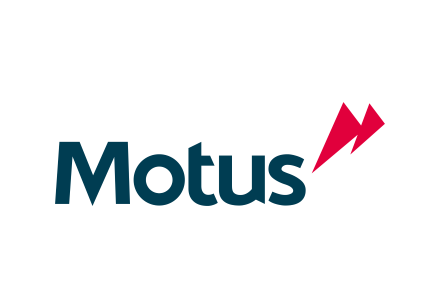
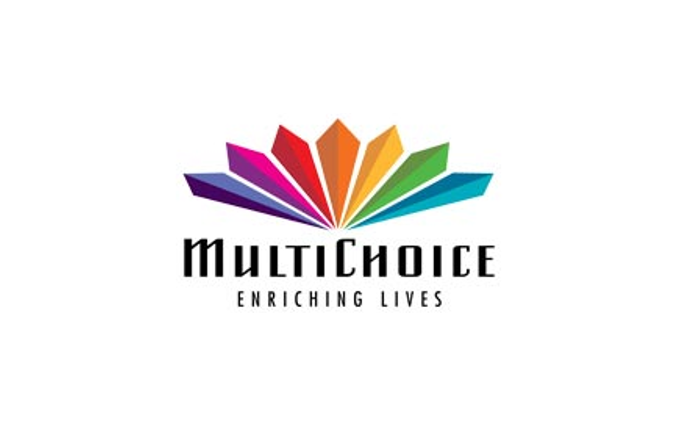

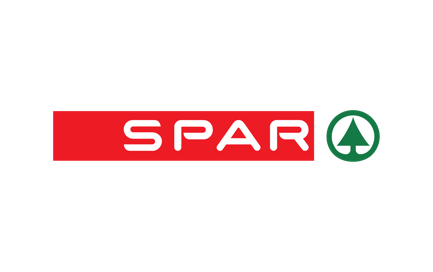
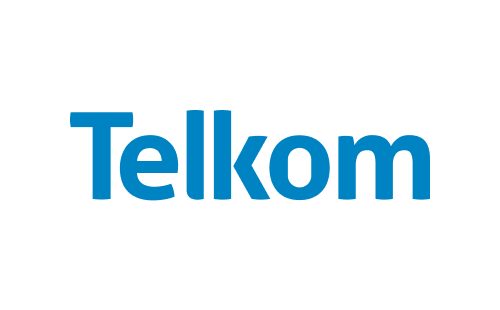
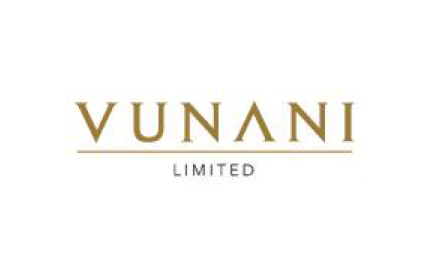
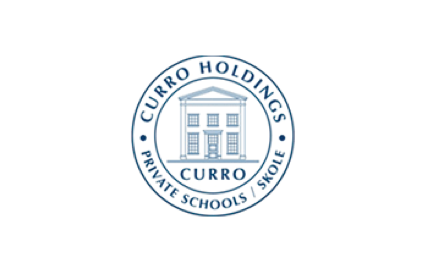

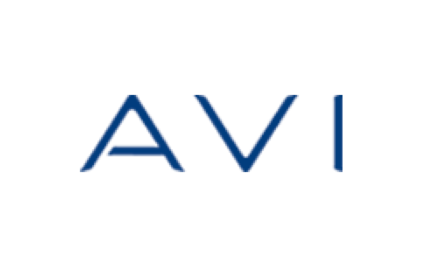
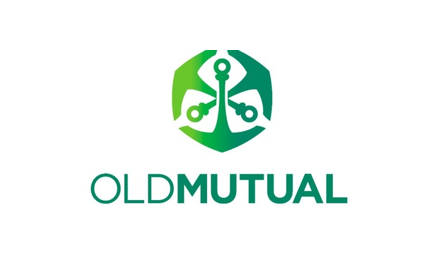
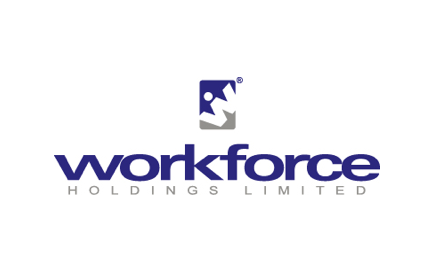
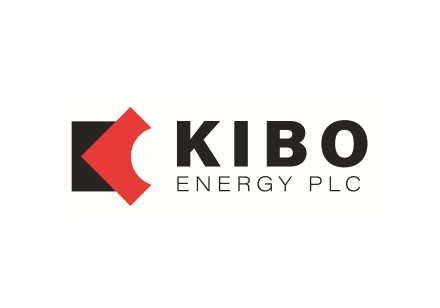


TKG → today’s candle doesn’t show strong positive momentum (bearish engulfing).😃Probably profit taking.